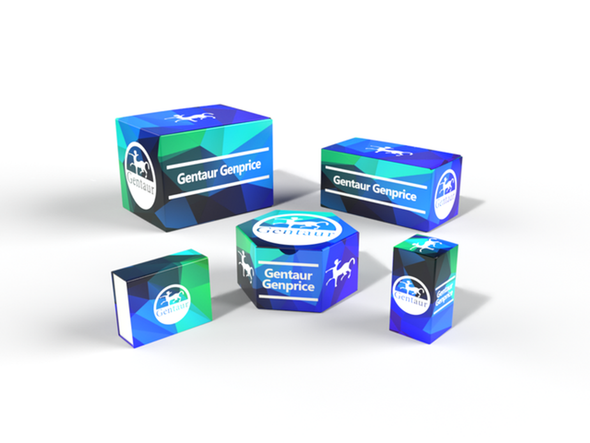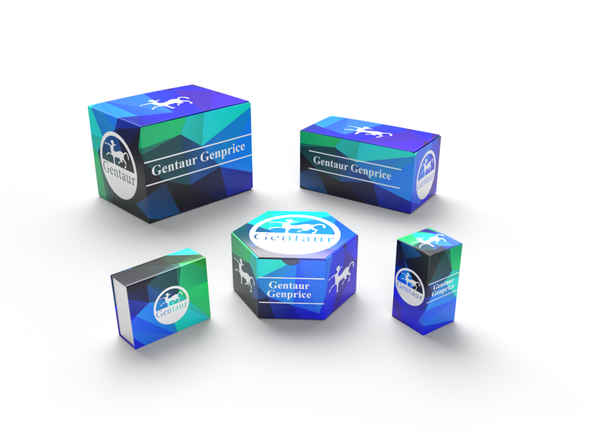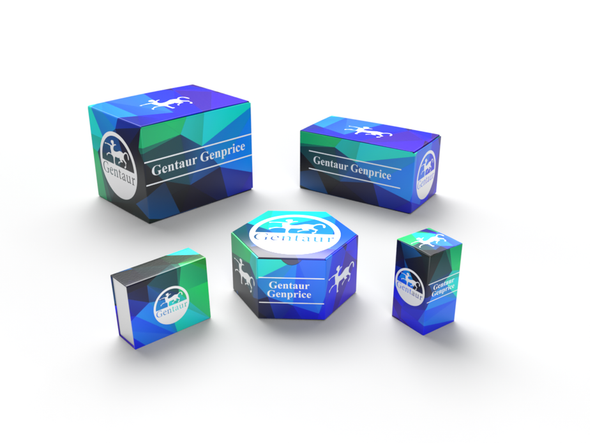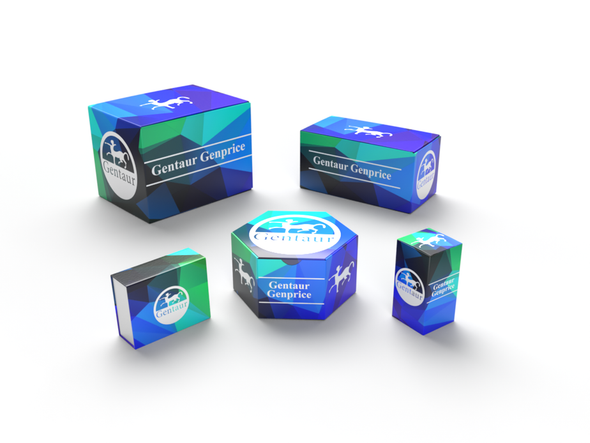Description
Rabbit Anti-Human B7-H1/PD-L1 Antibody | 102-P23 | Gentaur UK, US & Europe Distribution
Species: Anti-Human
Host / biotech: Rabbit
Comment: N/A
Label: N/A
Clone / Antibody feature: Rabbit IgG
Subcategory: Polyclonal Antibody
Category: Antibody
Synonyms: Programmed Death Ligand 1, Programmed cell death 1 Ligand 1 (PDCD1L1), PD-1, B7-H1 (B7 homolog 1), CD274, SLEB2, SLE1
Isotype: N/A
Application: ELISA, WB
Detection Range: N/A
Species Reactivity/Cross reactivity: Human
Antigen: Recombinant human B7-H1/PD-L1 Fc
Description: Human B7 homolog 1 (B7H1), also called programmed death ligand 1 (PDL1) and programmed cell death 1 ligand 1 (PDCD1L1), is a member of the growing B7 family of immune proteins that provide signals for both stimulating and inhibiting T cell activation. Other family members include B71, B72, B7H2, PDL2 and B7H3. B7 proteins are members of the immunoglobulin (Ig) superfamily, their extracellular domains contain 2 Ig-like domains and all members have short cytoplasmic domains. Among the family members, they share about 20 25% amino acid identity. Human and mouse B7H1 share approximately 70% amino acid sequence identity. B7H1 has been identified as one of two ligands for programmed death1 (PD1), a member of the CD28 family of immunoreceptors. The B7H1 gene encodes a 290 amino acid (aa) type I membrane precursor protein with a putative 18 aa signal peptide, a 221 aa extracellular domain, a 21 aa transmembrane region, and a 31 aa cytoplasmic domain. Human B7H1 is constitutively expressed in several organs such as heart, skeletal muscle, placenta and lung, and in lower amounts in thymus, spleen, kidney and liver. B7H1 expression is upregulated in a small fraction of activated T and B cells and a much larger fraction of activated monocytes. B7H1 expression is also induced in dendritic cells and keratinocytes after IFNγ stimulation. Interaction of B7H1 with PD1 results in inhibition of TCR-mediated proliferation and cytokine production. The B7H1: PD1 pathway is involved in the negative regulation of some immune responses and may play an important role in the regulation of peripheral tolerance.
Purity Confirmation: N/A
Endotoxin: N/A
Formulation: lyophilized from PBS
Storage Handling Stability: The lyophilized antibody is stable for at least 2 years from date of receipt at -20°C. The reconstituted antibody is stable for at least two weeks at 2-8°C. Frozen aliquots are stable for at least 6 months when stored at -20°C.
Reconstituation: Centrifuge vial prior to opening. Reconstitute in sterile water to a concentration of 0.1-1.0 mg/ml.
Molecular Weight: N/A
Lenght (aa): N/A
Protein Sequence: N/A
NCBI Gene ID: 29126










